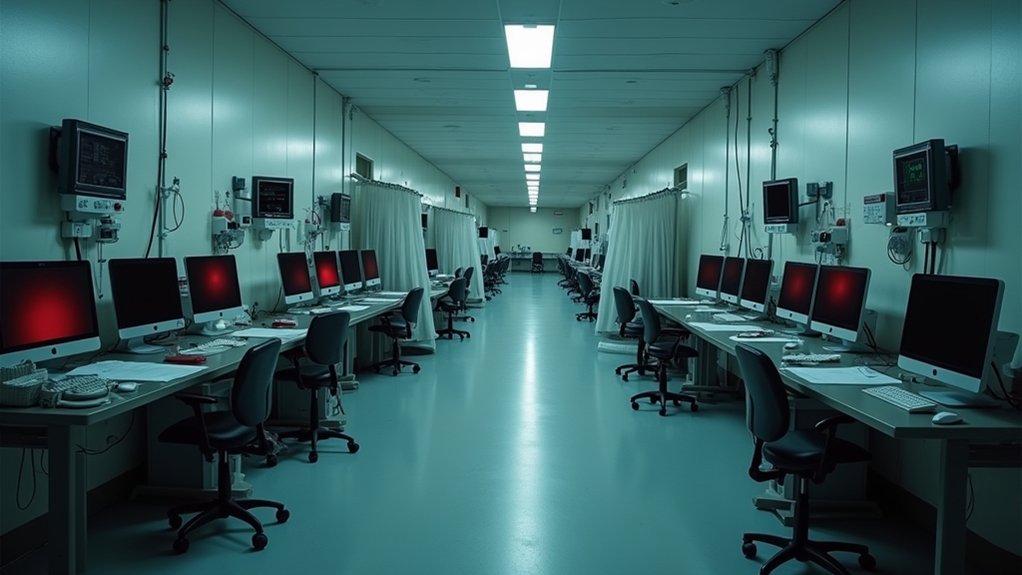A significant data breach affecting 38,000 patients at the University of Chicago Medical Center has emerged as another stark example of the healthcare industry‘s vulnerability to cyberattacks, particularly those originating from third-party vendors. The incident emphasizes a troubling pattern where healthcare organizations face mounting security challenges through their extended network of external service providers, who often maintain access to sensitive patient information during potentially lacking comprehensive cybersecurity protocols.
This breach reflects broader industry trends showing escalating risks in healthcare data security. In 2024 alone, 276,775,457 individuals had their protected health information compromised across the United States, with the average number of healthcare records breached daily reaching 758,288. The healthcare sector reported nearly two breaches involving 500 or more records each day throughout 2023, establishing a concerning baseline that has continued to deteriorate. Organizations must implement security awareness training to combat the rising threat of data breaches.
Third-party vendor vulnerabilities represent a particularly insidious threat to medical groups nationwide. These external providers frequently gain access to vast repositories of patient data as they operate under varying security standards, creating an expanded attack surface that healthcare organizations struggle to monitor effectively. Vendor systems often fail to comply with industry-standard security protocols, and medical groups typically maintain limited oversight of their partners’ cybersecurity practices, compounding the risk of undetected breaches. The pervasive nature of vendor security issues is underscored by data showing that 98% of organizations have at least one vendor with a history of data breaches.
The financial implications of such incidents have grown substantially, with average breach costs in the healthcare sector rising over 53 percent since 2020. Enterprise breaches now average $4.8 million per incident in 2025, not including long-term consequences such as regulatory penalties, legal fees, reputation damage, and increased insurance premiums that can affect organizations for years following an incident.
Detection and reporting challenges further complicate the healthcare data security environment. Many breaches remain undetected for months after initial incidents, delaying critical response efforts and notification to affected patients. Hacking/IT incidents constituted 78.57% of all healthcare breaches reported in January 2025, demonstrating the predominant threat vector affecting the industry. Regulatory bodies frequently receive late or incomplete disclosures, while complex reporting processes create additional opportunities for delayed public notification.
The hidden nature of these breaches, combined with inconsistent vendor detection systems, continues to undermine patient trust and organizational credibility across the healthcare industry.









